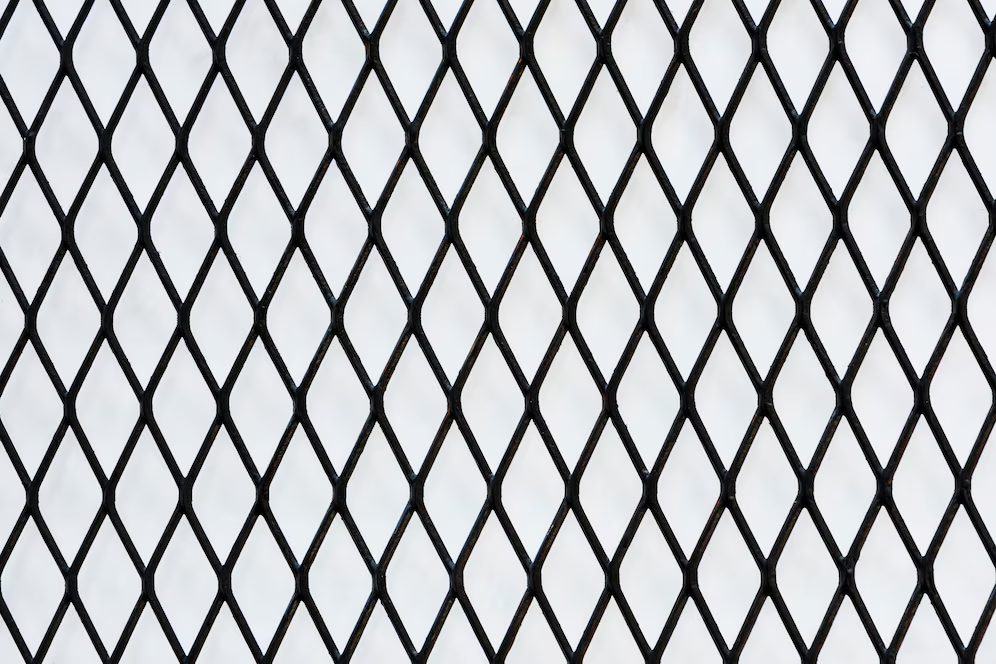Choosing to install a chain link fence is a smart, affordable decision for improving the safety, structure, and aesthetic of your property. But before you dive into the project, it’s important to understand what working with chain link fence installers actually entails. Whether you’re securing a backyard, enclosing a commercial site, or outlining a sports facility, this comprehensive guide will walk you through every step of the process—so you know exactly what to expect when hiring professional chain link fence installers.
Initial Consultation: Understanding Your Needs
The journey starts with a consultation. During this stage, chain link fence installers meet with you to discuss your goals and assess your property. Expect to answer questions like:
-
What purpose will the fence serve (e.g., security, boundary marking, pet containment)?
-
What height and length do you need?
-
Do you prefer galvanized or vinyl-coated fencing?
-
Are there any underground utilities or existing obstacles?
This site visit is crucial because it helps the installer provide an accurate estimate and design a fencing solution that fits your budget and meets your expectations.
Custom Proposal and Estimate
Once the site assessment is complete, the installer will present you with a customized proposal. This typically includes:
-
Fence dimensions (height, length, and gauge)
-
Material selection (standard galvanized or vinyl-coated)
-
Additional features (privacy slats, gates, barbed wire, etc.)
-
Project timeline
-
Total cost
Reputable chain link fence installers provide transparent estimates without hidden fees. It’s also common for them to break down labor and material costs so you understand where your money is going.
Permit and Utility Coordination
Most professional chain link fence installers handle the permitting process on your behalf. They’re familiar with local zoning laws, height restrictions, and property line requirements. In addition to obtaining permits, they usually coordinate with utility companies to ensure safe digging around underground lines.
By letting the installer take care of this, you reduce your chances of running into costly legal or utility-related issues during or after the installation.
Material Procurement and Preparation
After you approve the proposal and permit issues are handled, the installer will schedule your project. During this time, materials are ordered and staged for the upcoming work. They may include:
-
Chain link mesh rolls
-
Fence posts (corner, line, and terminal)
-
Post caps and tension bands
-
Gate components
-
Concrete and anchoring tools
The installer may also flag your property lines or mark post hole locations in advance.
The Installation Process: What Happens On-Site
1. Post Hole Digging and Setting
The first physical step of installation is digging the post holes—typically 6 to 8 feet apart and about 2 to 3 feet deep. Once the holes are prepared, posts are placed and set in concrete. Corner and terminal posts are reinforced first since they bear the most tension.
2. Installing Line Posts and Rails
After the concrete has cured (usually after 24–48 hours), installers attach the top rails between terminal posts to form the skeleton of the fence. Line posts are added between terminal posts to support the mesh.
3. Attaching the Chain Link Fabric
Next, the mesh is unrolled, stretched, and secured to the posts and rails using tension bands and ties. Professional chain link fence installers use special equipment to stretch the mesh tightly so it doesn’t sag or buckle over time.
4. Gate Installation and Final Touches
If your fence includes a gate, it will be hung and tested for alignment and operation. Final touches like caps, privacy slats, or security features (barbed wire, windscreens) are added last. The work area is then cleaned, and debris is removed.
Post-Installation Walkthrough
Once the fence is up, your installer should walk you through the finished work, ensuring it meets your standards. This is your chance to inspect everything—make sure gates open and close properly, check for uniform tension, and review any extras like privacy features or coatings.
If anything needs adjusting, reputable chain link fence installers will make it right before closing the project.
Maintenance Tips from the Pros
Many installers also offer valuable advice for maintaining your new fence. This may include:
-
Checking for rust or corrosion, especially at joints
-
Washing the mesh with mild detergent once or twice a year
-
Keeping vegetation and debris away from the base
-
Lubricating gate hinges periodically
Following these simple steps can add years to the life of your fence.
Benefits of Working with Professionals
Here’s a quick recap of what professional chain link fence installers bring to the table:
-
Speed and accuracy from start to finish
-
Knowledge of materials and terrain
-
Access to high-quality tools and products
-
Compliance with legal and safety standards
-
Strong customer service and satisfaction guarantee
Rather than stress over measurements, digging, tensioning, or zoning rules, you can leave it all to the pros.
Frequently Asked Questions
Q: How long does a chain link fence installation take?
A: Most residential installations are completed within 1–3 days, depending on the size and terrain. Larger commercial jobs can take longer.
Q: What’s the best height for a chain link fence?
A: For residential use, 4 to 6 feet is standard. Commercial and security fences may go up to 10 feet or higher depending on zoning laws.
Q: Can I install a chain link fence on uneven ground?
A: Yes. Experienced chain link fence installers can adjust post placement and mesh tension to accommodate slopes and hills.
Q: What is the typical lifespan of a professionally installed chain link fence?
A: With proper maintenance, a galvanized chain link fence can last 15–25 years or more. Vinyl-coated options may last even longer.
Q: Do chain link fences require maintenance?
A: Minimal maintenance is needed. Occasional cleaning and inspections for rust or loose ties can keep the fence in top shape.



